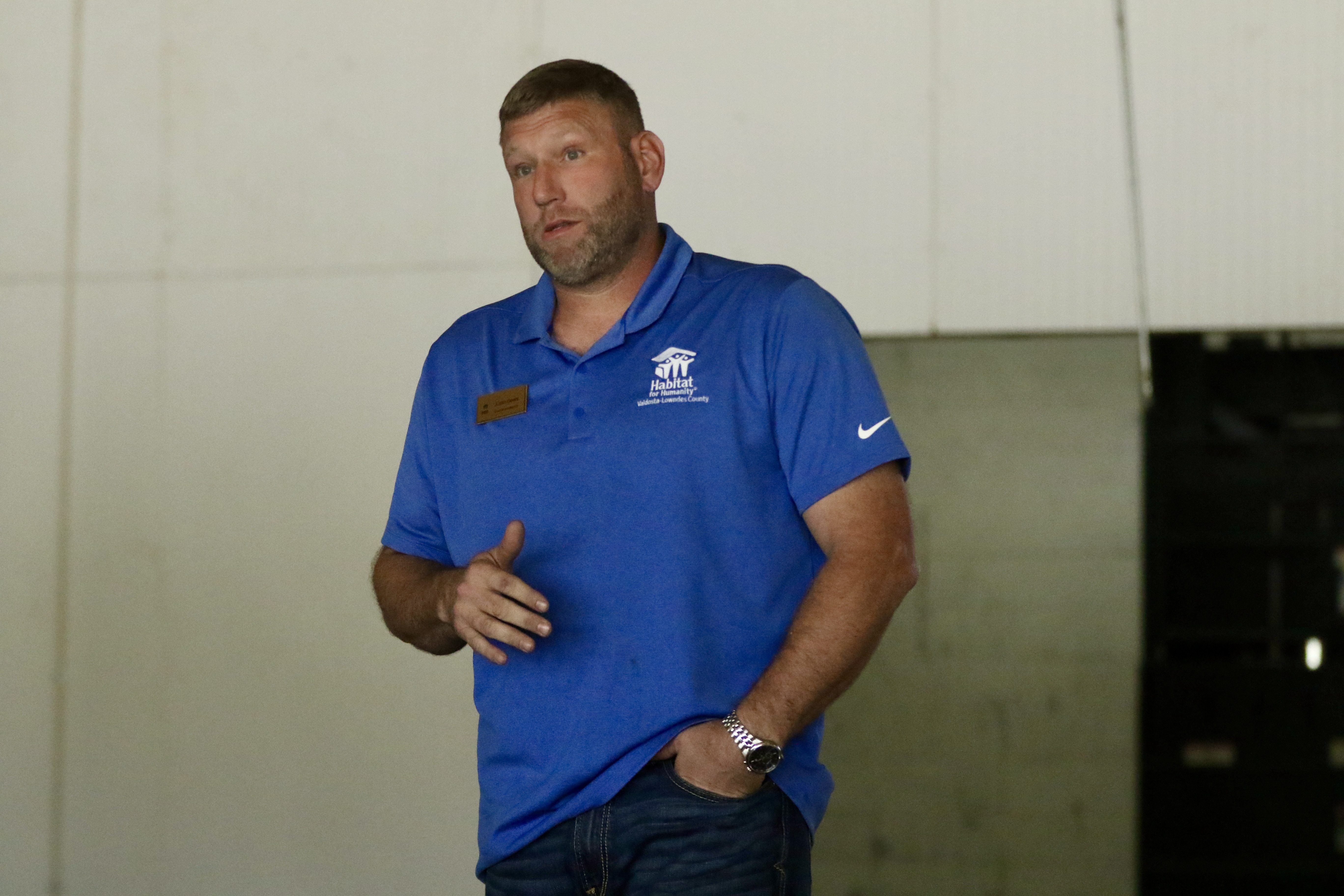Readers can delve into last year’s presidential race, civil rights
Published 5:24 pm Thursday, April 17, 2025



Fight: Jonathan Allen and Amie Parnes
Reading “Fight: Inside the Wildest Battle for the White House,” it’s easy to forget the presidential election was less than six months ago. With the Tilt-A-Whirl news cycle of the past few months, this newly released book on the 2024 election often feels like a back-stage peek at ancient history.
But everything covered in “Fight” happened less than a year ago. The book opens with the Joe Biden-Donald Trump debate which was only last June and closes with the immediate aftermath of the Nov. 5 election.
Authors Jonathan Allen and Amie Parnes take readers behind the scenes to the panic and scramble among Democratic leaders after Biden’s national bellyflop during his debate with Trump.
Democrats’ efforts to get a reluctant Biden to step aside. Kamala Harris’ masterful politicking to secure Biden’s convention delegates within hours of his departure from the race, but her ultimate failure was to separate herself from the flaws of his administration.
Meanwhile, the book looks at Trump’s willingness to listen to and keep his established campaign leaders, his shock at Biden’s debate performance, the aftermath of the assassination attempt and his frustration in having to redirect his rhetoric from Biden to Harris.
The book has a large cast of supporting players, especially staffers, chronicling their infighting, campaign techniques and exasperation with their candidates.
“Fight” tells the stories behind the familiar headlines of the latter half of 2024. Well researched and historic in its scope, the book often feels like a breathless soap opera. It touches on policy but focuses on the outsized personalities and petty grievances of its three principal players.
Maybe it’s too soon for this book after all.
“The Accommodation:” Jim Schutze
Many books on the Civil Rights Movement of the 1950s and ‘60s are sweeping epics. Or they focus on Dr. Martin Luther King Jr. Or if a book pinpoints one city, the city is Montgomery, Alabama, or Birmingham, Alabama, or Selma, Alabama,.
In “The Accommodation: The Politics of Race in an American City,” journalist/author Jim Schutze focuses on the struggle to desegregate Dallas, Texas.
Here, instead of the hard-hitting confrontations, bus boycotts, counter sit-ins, freedom rides, Schutze tells the story of how Dallas’ white leaders sought to soften protest by accommodating Black leaders; however, the accommodation resulted in the Black leaders remaining reliant on the white leaders and the Black community remaining reliant on the white community.
“Schutze argues that the civil rights movement largely passed over Dallas,” Peter Simek noted in an article about “The Accommodation.”
And Dallas protects its own, or at least the image it wishes to promote. Simek continues in his D Magazine article: “Just before the book’s scheduled publication, in 1986, Schutze’s publisher abruptly dropped it, citing poor pre-sales. But a New York Times article connected the decision to pressure from white leadership and a city with a ‘historical antipathy toward self-criticism.’”
“The Accommodation” was published by a smaller press in the 1980s, but received a broader publication in 2021 with help of multiple grants and sponsors.
The book’s central argument is that Dallas’ white leadership finds the right minority leader to make the city appear inclusive without having to change their long-time habits.
Schutze’s well-researched book tells this story in a compelling style.
“The Accommodation” focuses on one city, but the book arguably tells the story of how many cities handle race relations.








